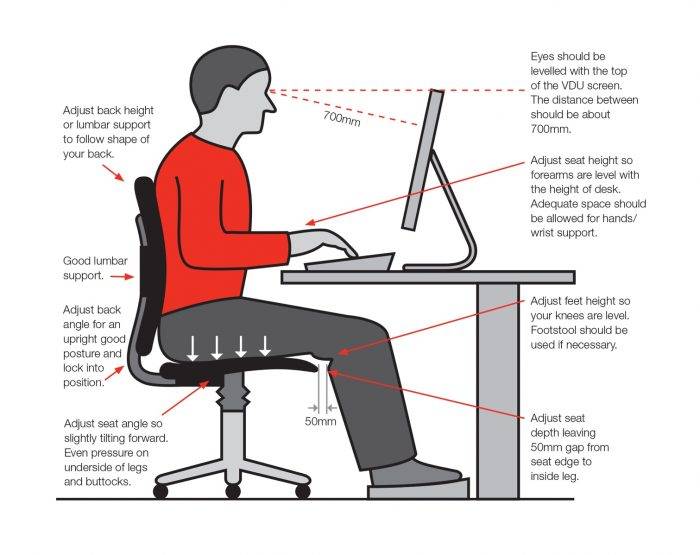January 31, 2019
Political uncertainty continues to hold back UK commercial property market
 The Q4 2018 RICS UK Commercial Property Market Survey results continue to display mixed fortunes with changing shopping habits and uncertainty around politics remaining strong influences. The retail sector, with declines driven by the structural shifts in consumer preferences, is in stark contrast to the strong performance of the industrial sector over the quarter. In Q4 all-sector occupier demand declined for the third consecutive quarter, as the net balance moved down to -13% from -9% previously. The headline reading continues to be weighed down by declines in demand across the retail sector (net balance -58%), although the Q4 results also point to a slight decline in demand for office space (net balance -9%). At the same time, demand continued to rise in the industrial sector, with a net balance of +21% of respondents noting an increase in demand over the period.
The Q4 2018 RICS UK Commercial Property Market Survey results continue to display mixed fortunes with changing shopping habits and uncertainty around politics remaining strong influences. The retail sector, with declines driven by the structural shifts in consumer preferences, is in stark contrast to the strong performance of the industrial sector over the quarter. In Q4 all-sector occupier demand declined for the third consecutive quarter, as the net balance moved down to -13% from -9% previously. The headline reading continues to be weighed down by declines in demand across the retail sector (net balance -58%), although the Q4 results also point to a slight decline in demand for office space (net balance -9%). At the same time, demand continued to rise in the industrial sector, with a net balance of +21% of respondents noting an increase in demand over the period.





























 Just three days into the New Year, today (Friday 4 January), the UK’s top bosses will have made more than a typical full-time worker will earn in the entire year, according to calculations from independent think tank the High Pay Centre and the CIPD. The average (median) full-time worker in the UK earns a gross annual salary of £29,574, while the average FTSE 100 CEO, on an average (median) pay packet of £3.9 million, only needs to work until 1pm on Friday 4 January 2019 to earn the same amount. The £3.9 million figure was calculated by the CIPD and the High Pay Centre in their
Just three days into the New Year, today (Friday 4 January), the UK’s top bosses will have made more than a typical full-time worker will earn in the entire year, according to calculations from independent think tank the High Pay Centre and the CIPD. The average (median) full-time worker in the UK earns a gross annual salary of £29,574, while the average FTSE 100 CEO, on an average (median) pay packet of £3.9 million, only needs to work until 1pm on Friday 4 January 2019 to earn the same amount. The £3.9 million figure was calculated by the CIPD and the High Pay Centre in their 








January 31, 2019
Get ready for the next wave of technological innovation, or get left behind
by Bruce Barclay • Comment, Facilities management, Property, Technology
(more…)